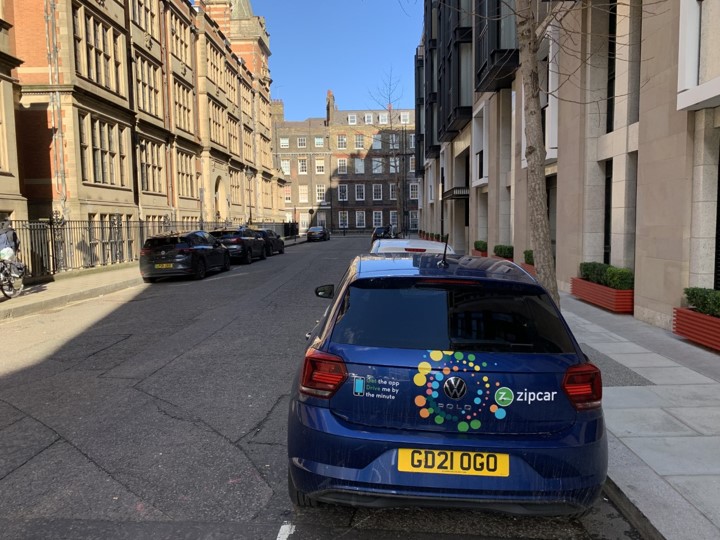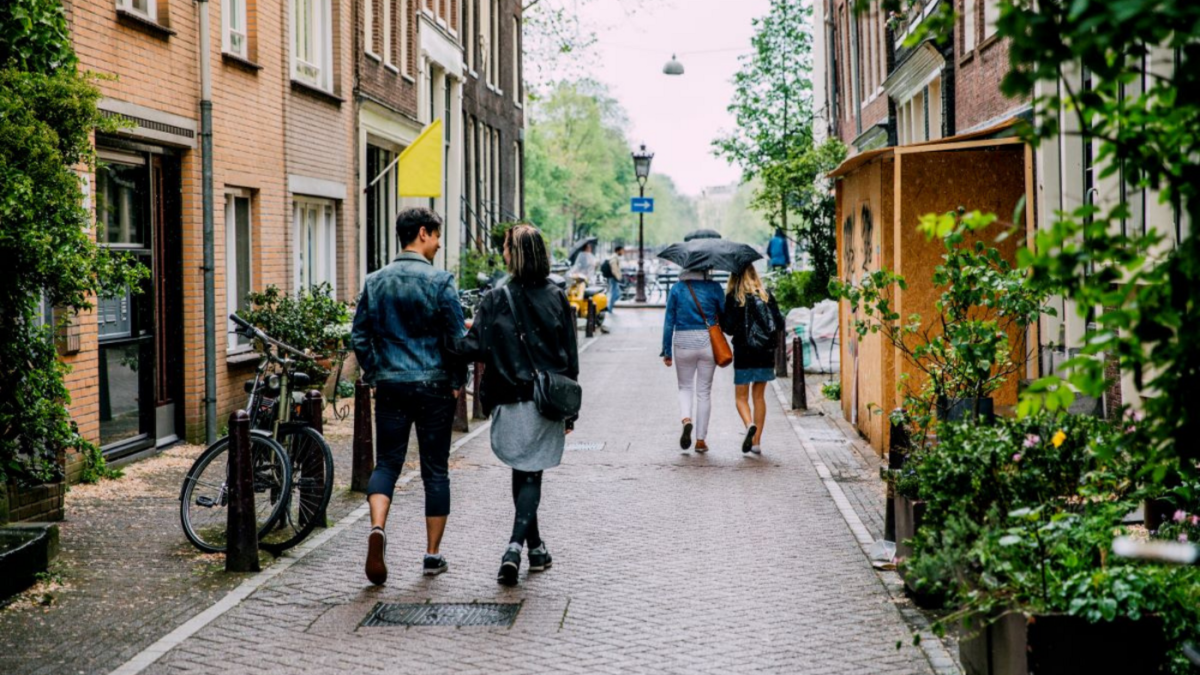Transport and Mobilities is one of five new research groups established by the School of Architecture and Cities in 2021. It builds on the work of the Transport Studies Group, an internationally recognised centre of excellence in research and teaching in transport at the University of Westminster since 1971.
The Transport and Mobilities Research Group’s vision is to deliver world class research that contributes to making transport systems and mobilities safe, sustainable, efficient, secure, equitable, accessible to all, and health and wellbeing promoting. Transport and Mobilities embraces this through a program of research across the transport and city domains and covers a diverse range of aspects of transport and mobility, including city mobilities; active travel; freights; infrastructure investment; networks; accessibility and transport equity.
The Transport and Mobilities Research Group works extensively with governments and industry in the UK and all over the world. The principal sponsoring bodies for our research are the European Commission (EC), the Economic and Social Research Council (ESRC), Engineering and Physical Science Council (EPSRC), NIHR, Central Government, Transport for London (TfL), other Local Authorities and private organisations.
For more about the Transport and Mobilities Research Group go here.
The way in which people choose to travel has changed throughout history and adaptations have taken place in order to provide the most convenient, efficient and cost-effective method(s) of transport possible. This research explores two trends — technological and socio-economic change — by discussing the effects of their application in the renewed drive to promote car clubs in Greater London through the introduction of new technologies and innovative ways in which a car can be used and hired, thus helping to generate new insights for car sharing. A mixed methods approach was used. Our findings show that there is an opportunity to utilise car clubs as a tool for facilitating a step change away.
Enrica Papa, from the Transport and Mobilities Research Group, led the Transport Planning track and presented results of the EXTRA project to the Association of European School of Planning – AESOP Annual Conference in Tartu.
Researchers from UoW Transport Research Group will present their work at the RGS-IBG Annual International Conference 2022, which will take place at Newcastle University from 30 August to 2 September 2022. Ersilia Verlinghieri, Asa Thomas, and Rachel Aldred organised a session titled’Road-reallocations and social infrastructures: Debating the social in car-centric cities’. Emilia Smeds organised a session titled ‘What is the street for? Interrogating ‘ways of seeing’ and the epistemic justice of reconfiguring street space. Papers by Enrica Papa, Emilia Smeds and Asa Thomas will be presented. The Conference regularly attracts over 2,000 geographers from around the world.
Ex-TRA JPI Urban project has been included in a UKRI blog for Earth Day highlighting some of the great research and innovation projects that ESRC funded that are tackling climate change. The blog piece can be found on Medium via Url link below.
Join us for a celebratory event, marking 50 (+) years of the Transport Studies Group (TSG) at Marylebone, reflecting on teaching and research, past, present and future. The event will comprise two distinct segments, the first being an afternoon session with speakers on past development, and current roles, of teaching and research in the Group, together with contributions from alumni who have attained important positions in the transport sector. This will be followed in the evening by an informal reception for past staff colleagues and alumni.



